Banks, lenders wary as RBI tags C-KYC high risk; Snap bulking up India team in monetisation push
Also in the letter:
■ PharmEasy mails health minister for quick draft rules notification
■ New FDI policy for space likely to be out in three months
■ Digital India Bill draft to be available in June first week: MoS IT
Banks, lenders wary as RBI tags C-KYC high risk
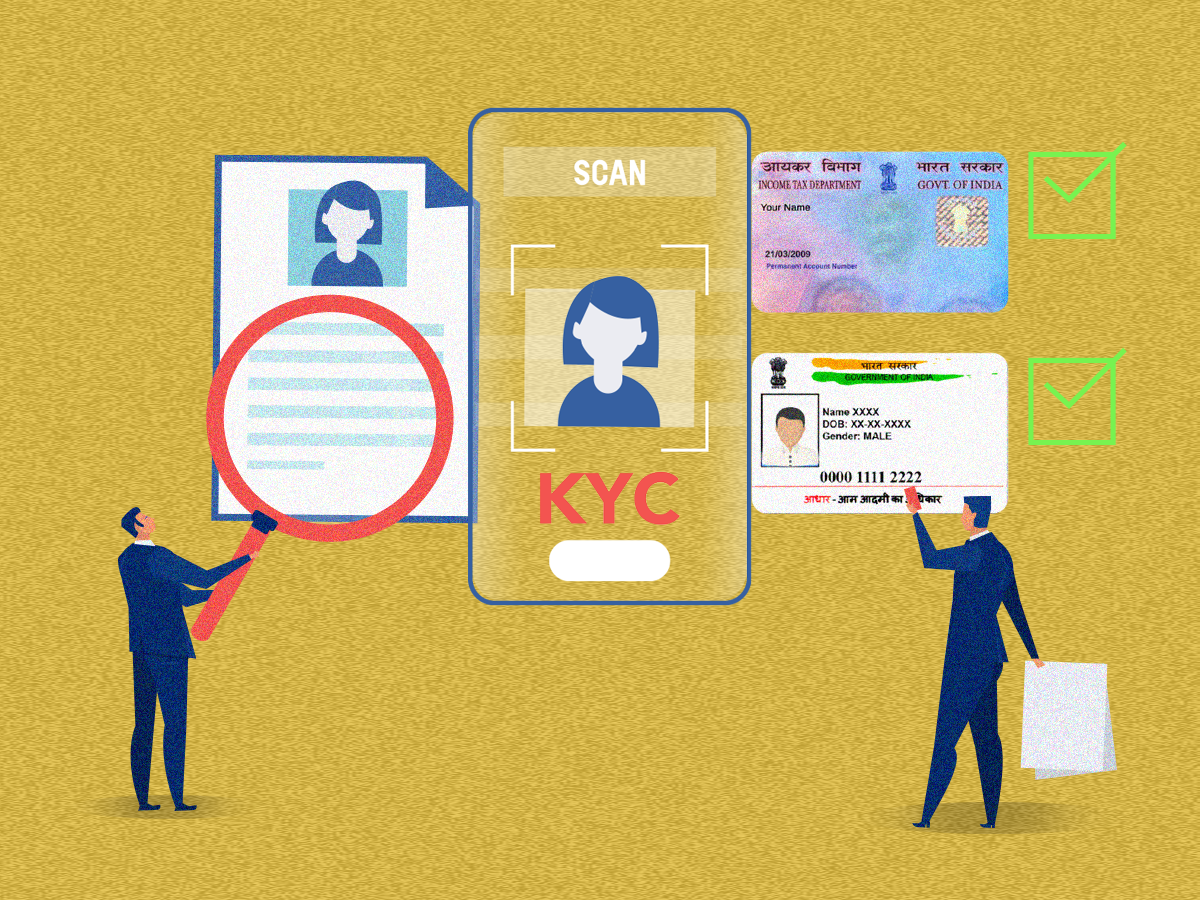
Hi, this is Pratik Bhakta in Bengaluru. Today, I have an update on the Know Your Customer (KYC) rules applicable to banks and financial institutions.
Driving the news: The Reserve Bank of India (RBI) in a circular issued on April 28 designated customers onboarded through Centralised KYC registry as high-risk ones. This has resulted in many banks going slow on C-KYC as they prefer sticking to video KYCs.
The C-KYC registry is a database of all Indian consumers maintained by a government body named CERSAI. Financial institutions or FIs submit KYCs of their own customers to the registry, which they refer to while validating new customers.
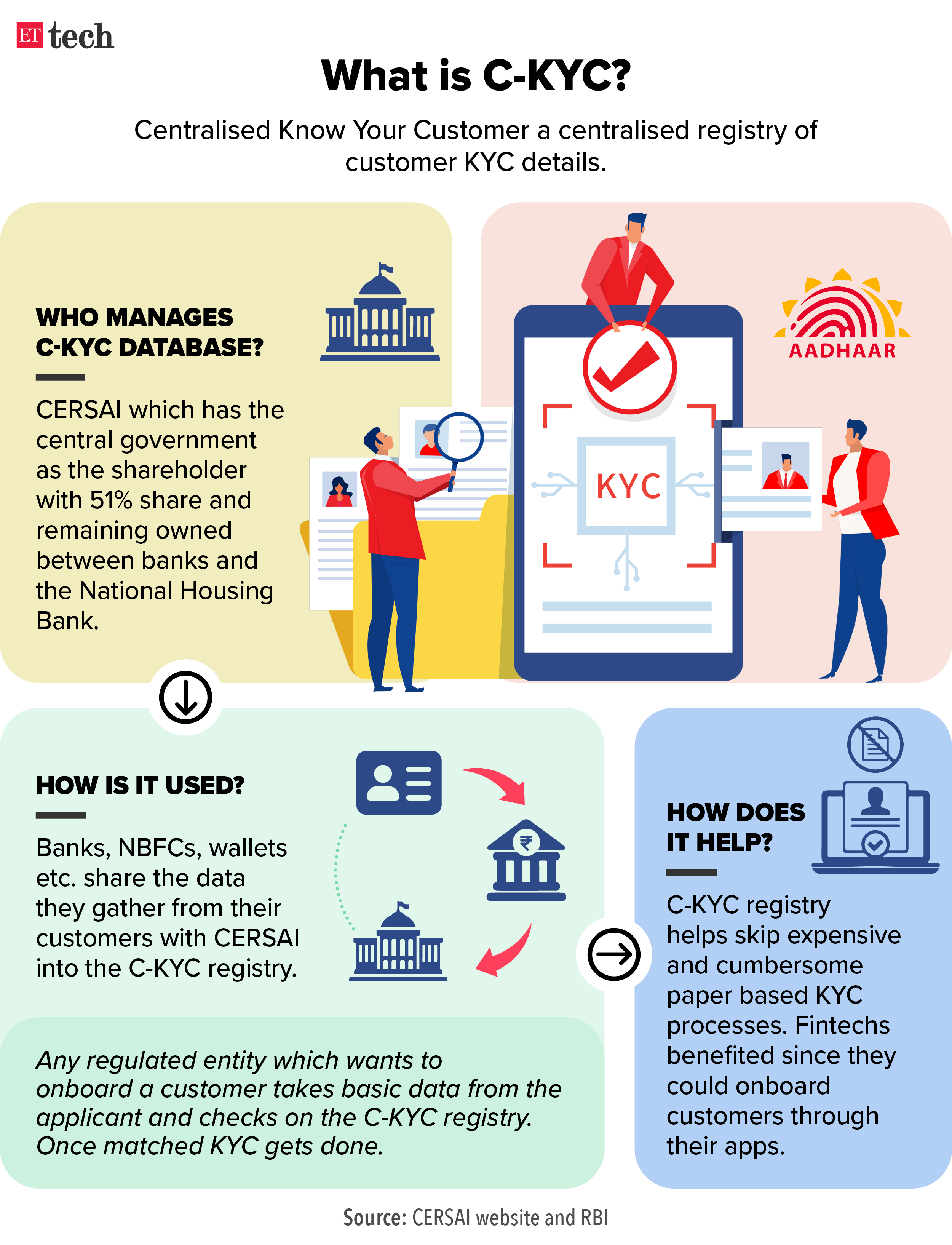
Why is this important? This development is interesting as C-KYC was always proposed as the ultimate solution to all KYC-related problem. Now, if the RBI is not comfortable with it, the purpose is defeated.
Also, if banks, the largest repository of KYC data, stop using it or use it as a formality, then how can we ensure that the data in the registry is rich in quality? Moreover, for any FI, KYC remains a major cost item. With C-KYC, the cost was meant to be minimised. With this latest diktat, banks won’t really have a cost advantage anymore.

What’s next? Video KYC is again emerging as the most popular choice among lenders. This also gives time to FIs to ensure that C-KYC data quality is enriched. Industry insiders tell me that there are a lot of opportunities for identity fraud on C-KYC, which can be rectified.
With 200 million monthly users in India, Snap aims to shore up ad revenue: Ajit Mohan

Snap Inc, the parent company of ephemeral messaging app Snapchat, which has breached the 200 million monthly active user (MAU) mark in India, believes it is time to open its cash registers in the country.
Driving the news: In an interaction with ETtech, Snap Inc’s Asia Pacific managing director Ajit Mohan said, the social media company is looking to hire a managing director to drive its monetisation plans in India. Snap is also aggressively investing in putting a sales team together to ring in revenues out of India.
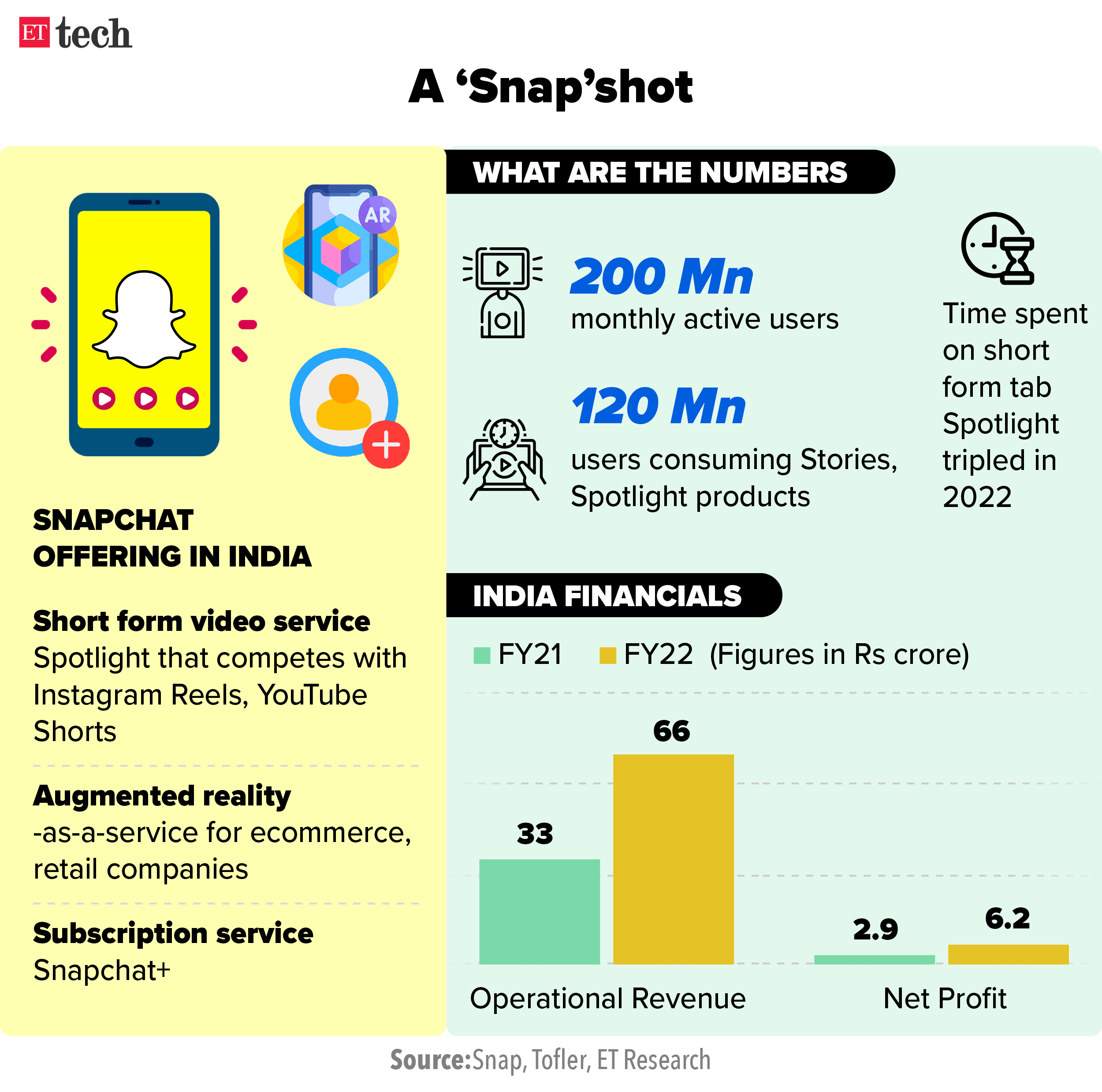
Also read | ETtech Exclusive: Snap India doubled user base, engagement in 2022: CEO Evan Spiegel
The India pitch: Mohan said a “growing and thriving” community is the key to unlocking the revenue potential for a social media platform like Snapchat, for which advertising revenue is the primary driver for monetisation. He also pointed out that Snapchat catered to a unique group of users – aged 13 to 34 – many of which don’t use other platforms.

Big picture: Snap’s move comes at a time when other tech companies like Spotify and Netflix are doubling down on their advertising divisions as subscriber growth slows down. Global economic headwinds have impacted ad revenue of big tech firms like Facebook and Google.
PharmEasy mails health minister for quick draft rules notification

Pharmeasy cofounder and CEO Siddharth Shah
API Holdings, parent of online pharmacy PharmEasy, has sought quick notification of draft epharmacy rules to remove regulatory uncertainty regarding their existence.
What’s the news? API Holdings has written to health minister Mansukha Mandaviya asking for an urgent meeting with the delegation of online pharmacies to iron out these issues. This comes after the Drug Controller General of India (DCGI) issued show cause notices to these platforms over online sale of drugs citing violation of norms.

Quick recap: ET had reported in April that online pharmacies including PharmEasy in April held a discussion with health ministry officials in Goa, on the issue of regulations on pharmacies.
Tell me more: “Multiple epharmacy players have received show cause notice from DCGI accusing them of violation of the provisions of the Drug and Cosmetic Act and rules. Since the said Act is not applicable to epharmacies, the question of violation of provisions is moot,” the letter said.
The DCGI issued notices to about 20 platforms in February.
What’s the matter? The government had proposed a draft legislation on multiple occasions. but it is yet to be finalised. In 2018 as well, the health ministry released a draft notification on the issue, barring the sale of medicines without registration, and of narcotics, psychotropic drugs and tranquillisers by online pharmacies. But the rules could never be finalised.
New FDI policy for space likely in three months: IN-SPACe chairman
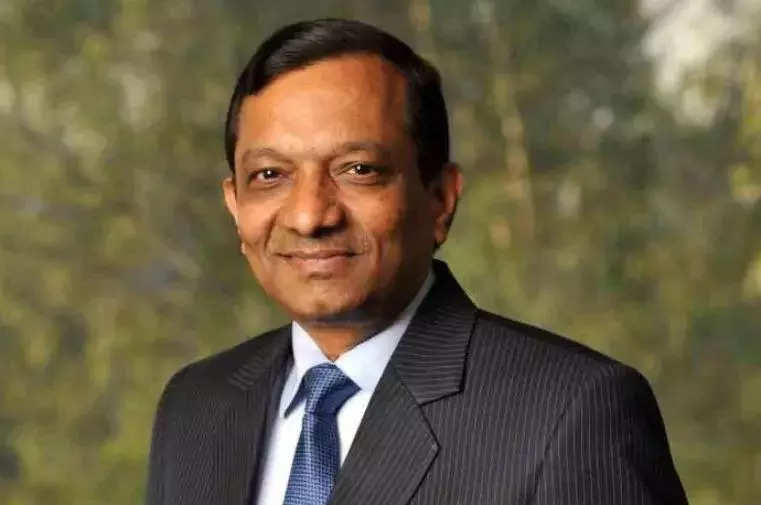
IN-SPACe chairman Pawan Goenka
Indian National Space Promotion and Authorisation Centre (IN-SPACe) chairman Pawan Goenka told ET that the draft of a new foreign direct investment (FDI) policy for space is ready and should be out in three months.
Driving the news: The new policy will allow FDI in three different kinds of space activities – satellite establishment and operations, launch vehicle operation and manufacturing, and sub-system manufacturing.
“We are going to allow 100% FDI in each of these three kinds of space activities,” Goenka said. “Some level of investment will be permitted via the automatic route and beyond that, investment will be allowed via the government approval route.”
Tweet of the day
Digital India Bill draft to be made available in June: MoS IT Rajeev Chandrasekhar
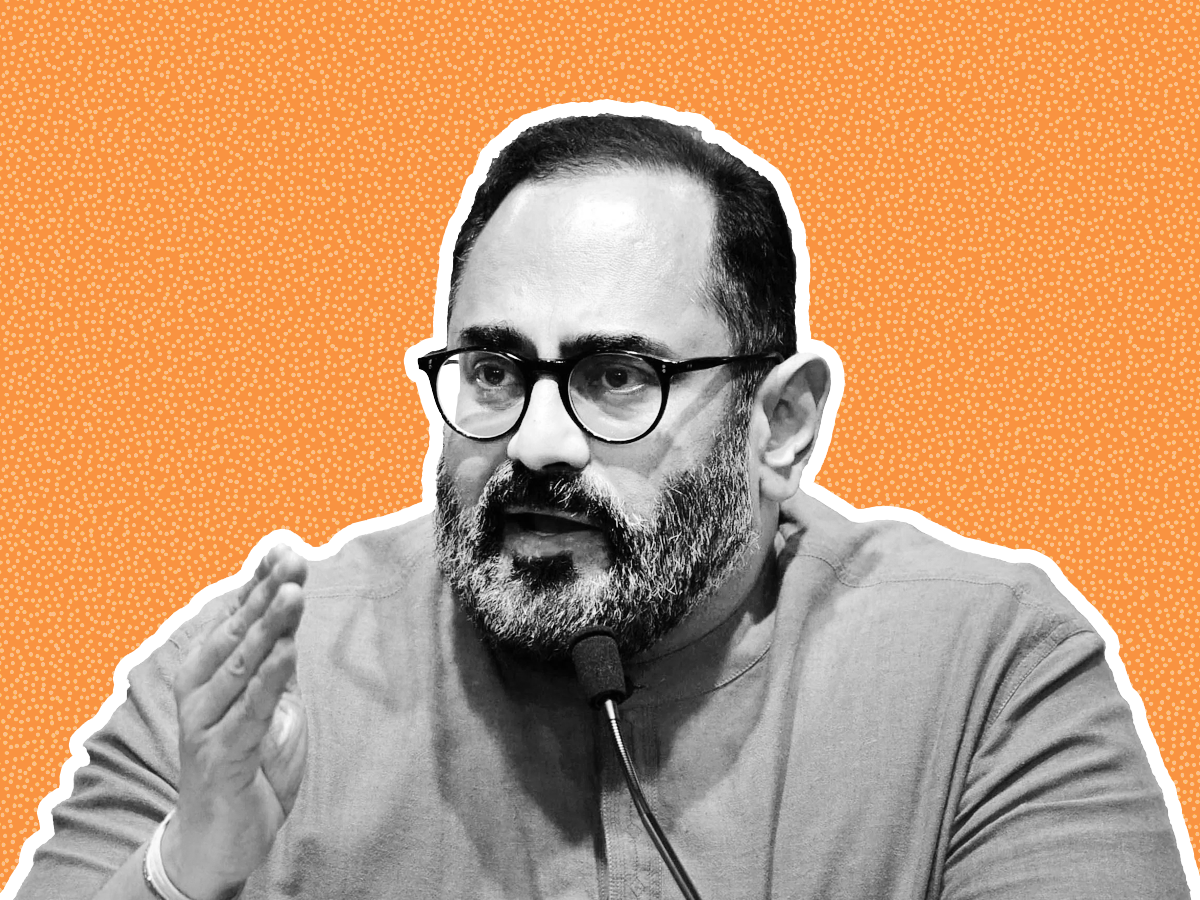
The draft of the Digital India Bill, which seeks to replace the 22-year-old Information Technology Act, 2000, will be available for public consultation in the first week of June, Rajeev Chandrasekhar, minister of state for electronics and information technology.
Removing safe harbour: A provision in the IT Act protects social media intermediaries like Facebook and Twitter from any legal liability for content on their platforms, a safe harbour which the government may do away with in the new bill, Chandrasekhar reiterated.
Quote unquote: “I’d say that it is the responsibility of the platforms that host the content to do whatever they can on misinformation, on toxic content, illegal content. The safe harbour, the immunity blanket, should be conditional,” Chandrasekhar said.
Other Top Stories By Our Reporters
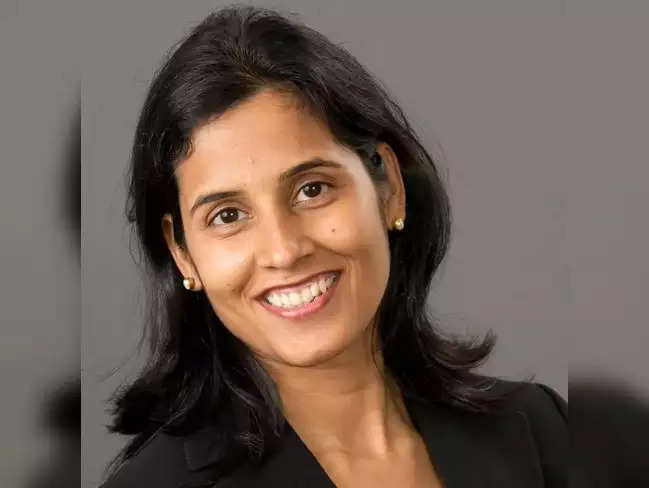
Former Meta executive Abha Maheshwari
Allen Career Institute ropes in Meta executive as CEO of edtech biz: Amid fierce competition between edtechs and offline education players, Allen Career Institute has roped in former Meta executive Abha Maheshwari, as chief executive of its edtech arm, Allen Digital.
Builder.ai raises $250 million in funding led by QIA: App development platform Builder.ai has raised $250 million as a part of its latest round of funding, led by sovereign fund Qatar Investment Authority (QIA).
India’s Jugalbandi AI bot steps into the light at MS Build: This app was built by AI4Bharat, a government-backed initiative, along with reasoning models from Microsoft Azure OpenAI.
Global Picks We Are Reading
■ Does AI Have a Subconscious? (Wired)
■ Bing is now the default search for ChatGPT (The Verge)
■ When digital nomads come to town (Rest of world)
For all the latest Technology News Click Here

